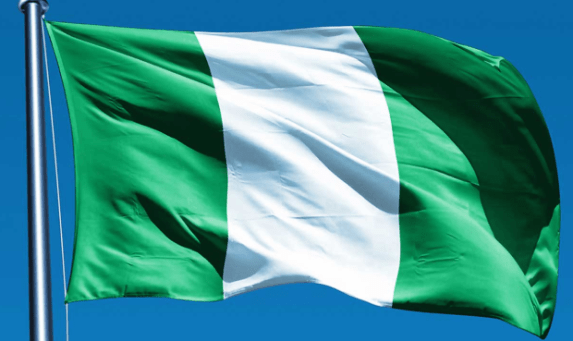Before Nigeria was named a single entity in 1914, there were separate units of it in existence and independently controlled which were known as protectorates and colonies. These protectorates were governed by British citizens with little help from Africans. The British then thought is wise to merge and consolidate these colonies such that it would be easier for them to manage.
There was however a company set up by the British which guaranteed that British economic interest in the region being scrambled for was kept alive. Consequent upon the outcome of partitioning Africa at the Berlin Conference of 1885, the Royal Niger Company was formed and it eventually became very instrumental to the formation of Colonial Nigeria. The company allowed the dispersed protectorates in the north and the southern part of the British Empire of Nigeria to establish control over the lower Niger against the threat of German competition led by Bismarck during the 1890’s.
Despite being founded in 1886, the Royal Nigeria Company, which had monopolized trade across the whole of the entire Niger, ceased to exist in 1900 and had its structure collapsed into the newly formed Northern and Southern Protectorates of Nigeria. Down south, the Royal Niger Company imposed prohibitive dues on the people of Brass and the country on the banks of the Niger and Benue rivers. In the north, the Royal Niger Company itself was such a pseudo-government that managed to conquer and compel several emirates to recognize its suzerainty as well as pay trade levies.
Therefore, it became no surprise that with the growing complaints from the people of Brass on how Royal Niger Company hindered the flow of their trade, the transference of the company’s charter to the imperial British government on Dec. 31, 1899 was finalized at about the time of the turn of the century.
On 1 January, 1900, the Niger Coast Protectorate morphed into Southern Nigeria Protectorate when the chartered territories being overseen by the Royal Niger Company merged with the Niger Coast Protectorate to form the Southern Nigeria Protectorate. The Niger Coast Protectorate was a British protectorate in the Niger Delta area of present-day Nigeria. This protectorate was originally established as the Oil Rivers Protectorate in 1885 and expanded to be named the Niger Coast Protectorate in 1893.
As British influence increased, it was imperative that the Southern and Northern Protectorates be consolidated. The Lagos colony was only added to the Southern Protectorate in 1906, and the territory was officially renamed the Colony and Protectorate of Southern Nigeria. All of these units which were slowly being aggregated into would later form a single colony named Nigeria in 1914.
The name ‘Nigeria’, reputed to have been suggested by Journalist Flora Shaw who also happens to be Lord Frederick Lugard’s wife, and which Nigeria officially became known as – at the amalgamation in 1914, has evidently been in use since the 1890’s when the separate protectorates across and around the Niger were being formed.
The motivation for the unification of all the units and territories prior to the consolidation would thus appear to be more for economic reasons rather than just political. Northern Nigeria Protectorate was beginning to have budget deficits meanwhile the colonial administration in naivety thought it is best if the budget surpluses in Southern Nigeria is used to offset the deficits in the North. But it is also political so as to solidify and mark the territories which the British has carved for itself in the struggle for Africa by the European nations.
By the year 2020, the consolidation of Nigerian territories and colonies into larger groups would have clocked 120 years. This expose would therefore suggest that there has been an economic as well as political interaction between the unit cultures and peoples of old Nigeria for more than a century.
Many questions have been raised as to the origins of Nigeria and how the citizens themselves participated in the forming of the nation. The truth could only be that Nigeria was a product of colonisation; nevertheless, we must do everything possible to make this union of cultures and peoples work even if for nothing else but to spite the legacy of the evils of colonialism.
Featured image source: Nigerian Finder

